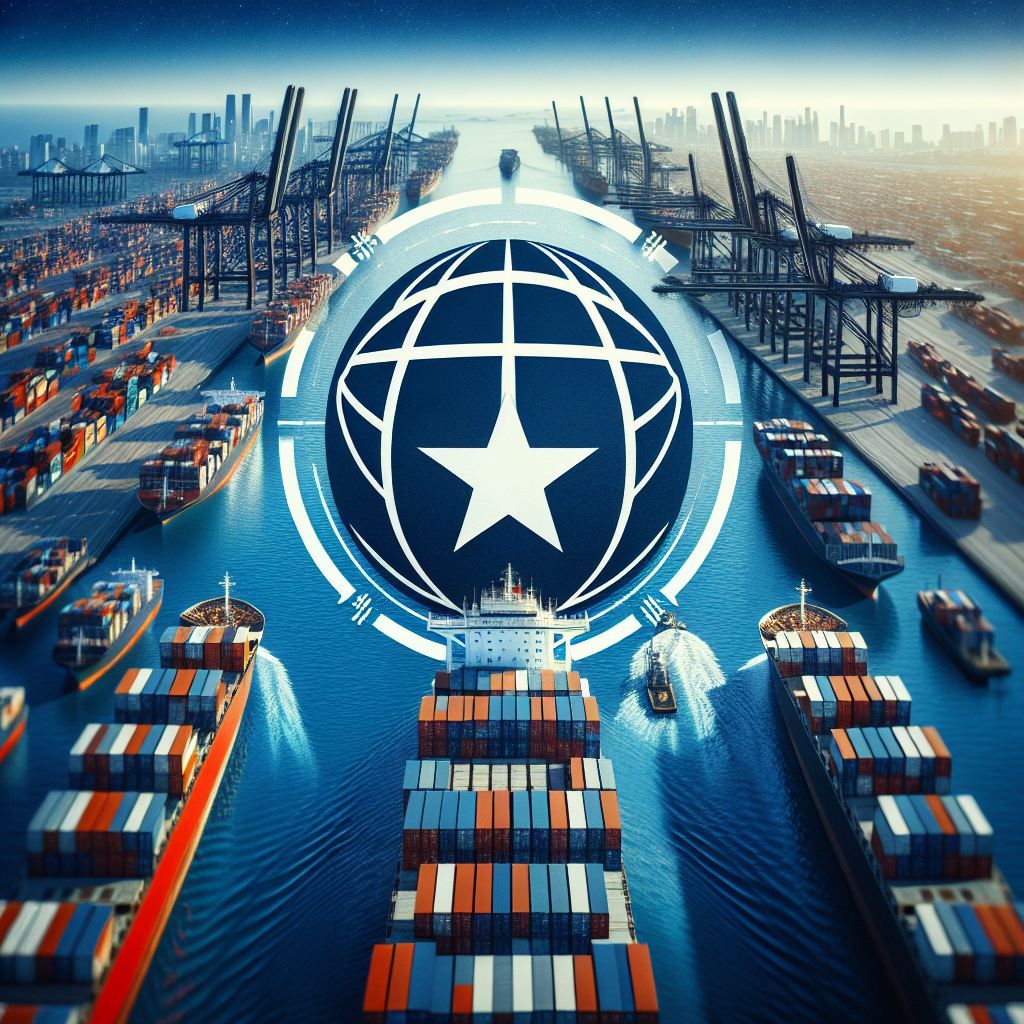Maersk's Red Sea Disruptions: Global Shipping Network Impacted
A.P. Moller-Maersk announced that disruptions in container shipping via the Red Sea have affected its entire ocean network. The rerouting around Africa's Cape of Good Hope due to attacks by Iran-aligned Houthi militants has increased voyage times and freight rates. Asian exports are particularly impacted.

Denmark's A.P. Moller-Maersk reported that disruptions to container shipping via the Red Sea have expanded beyond far Eastern Europe trade routes to its entire ocean network.
The company stated, 'The cascading impact of these disruptions extends beyond the primary affected routes, causing congestion at alternative routes and transshipment hubs essential for trade with Far East Asia, West Central Asia, and Europe.'
To avoid attacks by Iran-aligned Houthi militants in the Red Sea, Maersk and other shipping companies have diverted vessels around Africa's Cape of Good Hope since December, leading to longer voyage times and higher freight rates. Asian exports have been particularly affected, as these countries are major global exporters. Although ocean cargo demand remains globally robust, air freight, including a sea-air solution, is being used as an alternative for time-sensitive goods.
(With inputs from agencies.)
- READ MORE ON:
- Maersk
- Red Sea
- shipping
- disruptions
- freight
- trade routes
- Asia
- Europe
- Houthi
- freight rates










